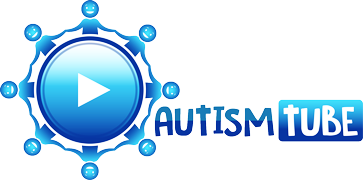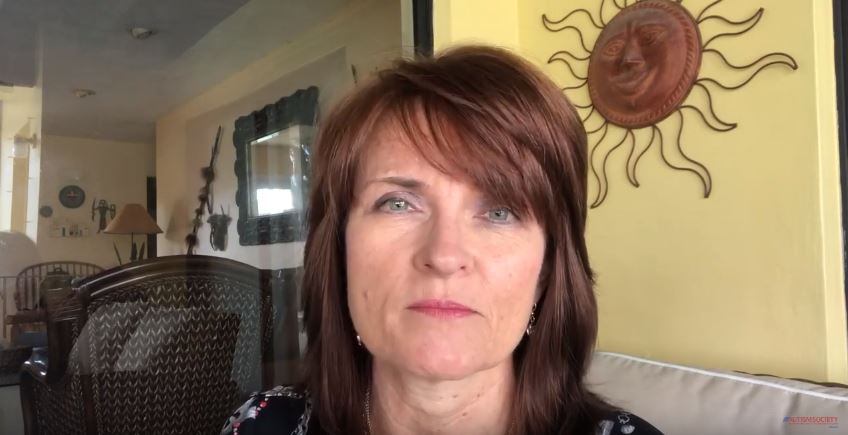The Autism Society of Florida Responds To Coronavirus/COVID-19
The Autism Society of Florida understands the ongoing concerns surrounding the COVID-19/Coronavirus. During this crisis, the Autism Society is communicating regularly with parents, self-advocates and professionals to provide relevant, reputable resources and information to address the added challenges to the autism community.
As an organization, our highest priority is to improve the quality of life for the autism community, a mission that is amplified in times of crisis such as now. The Autism Society is committed to maintaining clear and transparent lines of communication, as we continue to monitor developments across our communities and around the world.
Across our state, there were plans to celebrate National Autism Awareness Month in April. Due to the current crisis, those events may need to be canceled for the safety of everyone. Now, more than ever, we need you to join us as we spread awareness, promote acceptance, and ignite change via digital and electronic means so that everyone stays as informed as possible.
We will continue to keep you updated by email, social media, and our website. www.autismfl.org
https://www.facebook.com/autismflorida/
@AutismFlorida
Please remember to follow basic hygiene precautions. Our children need us to keep them safe, by keeping ourselves safe.
According to the CDC: The best way to prevent illness is to avoid being exposed:
1. Clean your hands often – Wash your hands often with soap and water for at least 20 seconds especially after you have been in a public place, or after blowing your nose, coughing, or sneezing. If soap and water are not readily available, use a hand sanitizer that contains at least 60% alcohol.
2. Avoid close contact with people who are or may be sick. Put distance between yourself and other people if COVID-19 is spreading in your community. This is especially important for people who are at higher risk of getting very sick.
3. Stay home if you’re sick, except to get medical care.
4. Cover coughs and sneezes. Cover your mouth and nose with a tissue when you cough or sneeze or use the inside of your elbow.
5. Wear a facemask if you are sick. If you are NOT sick: You do not need to wear a facemask unless you are caring for someone who is sick (and they are not able to wear a facemask). Facemasks may be in short supply and they should be saved for caregivers.
We wish our Florida, US and global communities well in these trying times and look forward to a speedy end to this time of crisis.
Stay safe,
Stacey Hoaglund
ASF President





